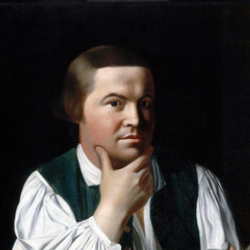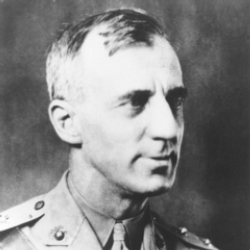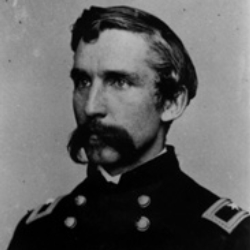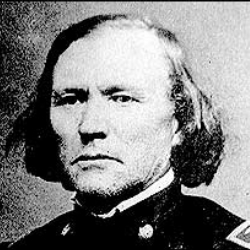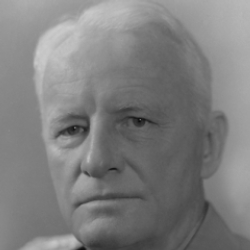Ambrose Everett Burnsidewas an American soldier, railroad executive, inventor, industrialist, and politician from Rhode Island, serving as governor and a United States Senator. As a Union Army general in the American Civil War, he conducted successful campaigns in North Carolina and East Tennessee, as well as countering the raids of Confederate General John Hunt Morgan, but suffered disastrous defeats at the Battle of Fredericksburg and Battle of the Crater. His distinctive style of facial hair became known as sideburns, derived...
(wikipedia)


